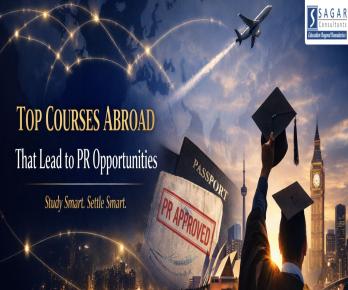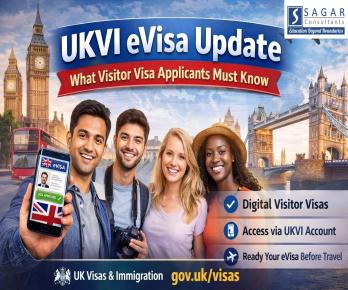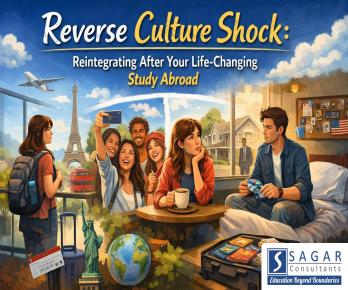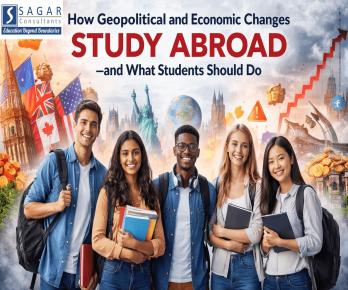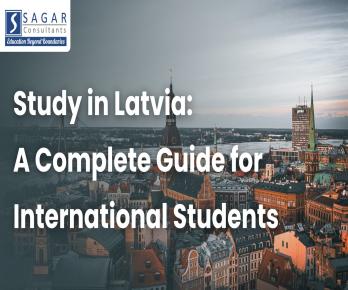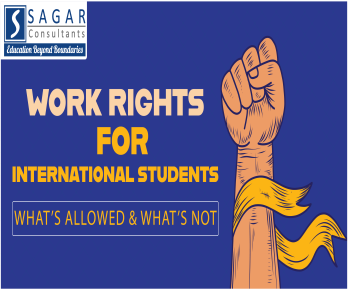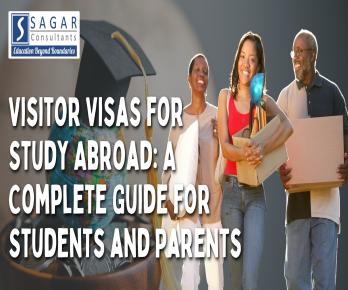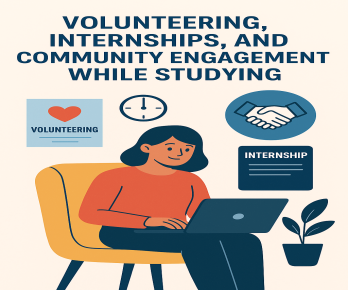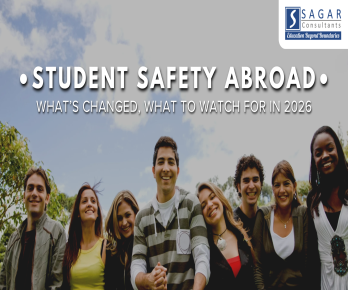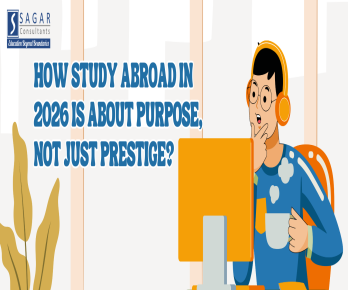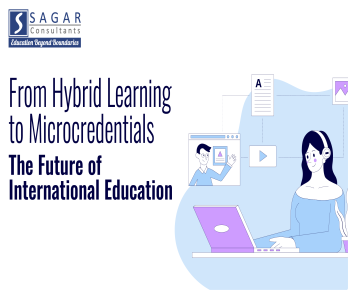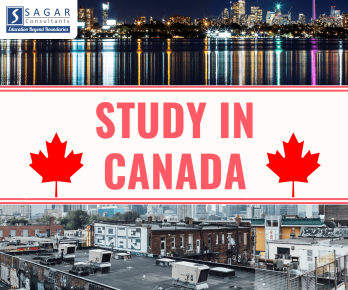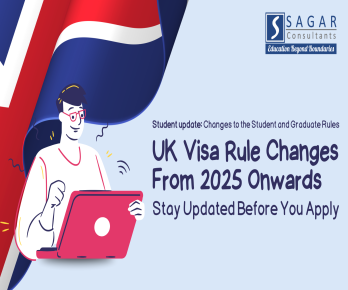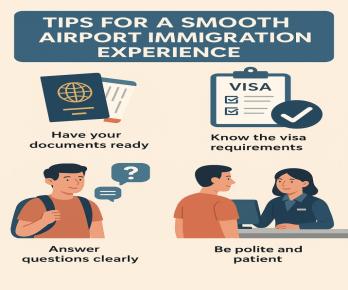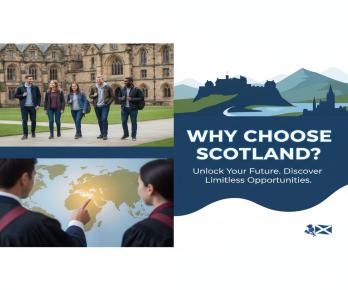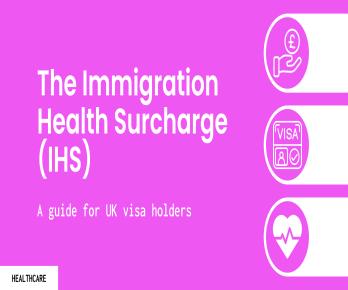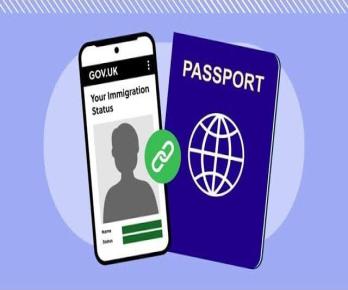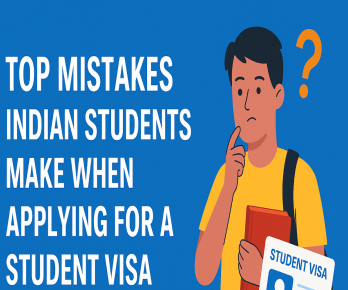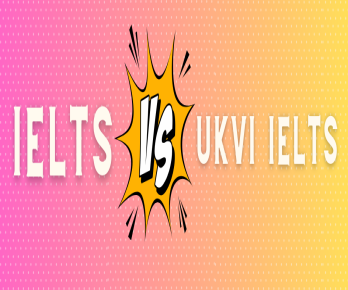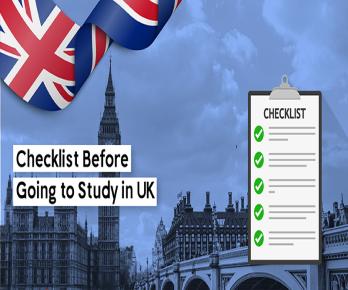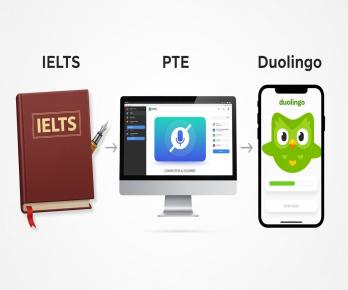Visitor Visas for Study Abroad: A Complete Guide for Students and Parents
Studying overseas is a fantastic chance that provides access to diverse cultures, international education, and experiences that can change your life. However, the idea of a visiting visa becomes essential to many families, particularly when they wish to visit a student abroad or when the student is arranging a short-term course. Although they are frequently incorrectly understood, visitor visas are essential for helping students during their time studying abroad.
Everything you need to know about Visitor Visas for Study Abroad, including who needs them, why they are important how to apply, and what to expect, will be covered in this lengthy blog.
What Is a Visitor Visa for Study Abroad?
A visitor visa is a type of immediate visa that permits entry into a foreign nation. This visa is often used for the following study-related purposes:
1. Parents or relatives traveling to see a student studying overseas
2. Students enrolled in a short-term training program that does not require a complete student visa
3. Participating in graduation, post-admission, or student orientation sessions
4. Traveling to a country before deciding to pursue further education
5. Accompanying minors studying abroad
Like a complete Student Visa, a Visitor Visa does not allow long-term study, work, or extended stay but it allows flexibility for brief visits that enhance the educational process.
Why Do Students and Families Need a Visitor Visa?
1. Parental Support During Migration
Many parents prefer to accompany their children during the first few weeks of settling abroad. A visitor visa allows them to help with:
- Accommodation arrangements
- Cultural orientation
- Emergency support
- Emotional and moral confidence
2. Attending Graduations and Ceremonies
To celebrate important occasions like convocation, award ceremonies, and cultural gatherings, family members often go on travels.
3. Short-Term Courses
Some countries allow short courses under a visitor visa, such as:
- English language training
- Summer schools
- Professional workshops
- Certificate programs lasting less than 6 months
4. Pre-Admission Visits
Parents or students may wish to visit the university campus before accepting an offer.
5. Tourism + Study
A visitor visa is ideal for students who want to take short-term study programs while enjoying tourism in the destination country. It allows you to combine learning with travel, giving you the chance to attend workshops, language courses, or certificate programs without committing to a long-term visa. Countries like the UK, Canada, Australia, and the USA offer flexible visitor visa options that make it easy to explore their culture, landmarks, and lifestyle while completing a brief educational experience.
Types of Visitor Visas (Country-Wise Overview)
1. United Kingdom
- Standard Visitor Visa
- Allows up to 6 months stay
- Suitable for short-term courses, graduation visits, and parental support
2. Canada
- Temporary Resident Visa (TRV)
- Often used for family visits or business visits
- Required even for parents attending convocation
3. USA
- B-1/B-2 Visitor Visa
- Allows tourism and family visits
4. Australia
- Visitor Visa (Subclass 600)
- Useful for graduation ceremonies, family visits
5. Schengen (Europe)
- Short-Stay Visa (Type C)
- Allows up to 30 days in the Schengen Area (Indian Passport)
Key Benefits of a Visitor Visa for Study Abroad
Short and Simple Processing
Compared to long-term visas, visitor visas have quicker processing timelines
No Long-Term Commitment
Ideal for families or students who need a temporary stay
Flexibility for Travel
Allows travel for educational, personal, or tourism purposes
Affordable Documentation Requirements
Less paperwork compared to a student visa
Eligibility: Who Can Apply?
- Parents visiting children studying abroad
- Students enrolling in short-term programmes
- Friends or relatives attending graduation
- Individuals accompanying minor students
- Students exploring study options before final application
Documents Required for a Visitor Visa
While requirements vary by country, common documents include:
For Students/Visitors
- Valid passport
- Travel itinerary
- Accommodation details
- Financial proof (bank statements, pay slips)
- Return ticket
- Cover letter explaining purpose of visit
For Parents/Family Visiting a student
- Letter of invitation from the student
- Proof of student's enrolment
- Student visa and passport copies
- Family relationship documents
How to Apply for a Visitor Visa (Step-by-Step)
- Choose the country and visa type
- Prepare documents (financial, academic, identity)
- Fill the online application form
- Book biometric/visa centre appointment
- Submit documents and attend interview (if required)
- Wait for decision
- Fly with all supporting documents
Common Reasons for Visitor Visa Refusal
- Insufficient financial proof
- No clear reason for return to home country
- Weak travel history
- Incomplete documents
- Mismatch in purpose of travel
- Overstaying in previous visits
How to Avoid Rejections
- Provide strong financial evidence
- Show your ties to your home country
- Write a clear cover letter
- Ensure all documents are genuine
- Avoid last-minute applications
- Show that the visit is temporary and non-immigration purpose
Tips for Parents Visiting Students Abroad
- Carry emergency cards with student's details
- Learn basic travel and navigation tips
- Understand local rules and visa conditions
- Keep copies of all documents
- Avoid overstaying under any circumstances
Conclusion: Why Visitor Visas Matter for Study Abroad
Despite its obvious simplicity, a tourist visa is crucial for helping students pursue their education abroad. Visitor visas give families freedom, comfort, and confidence, whether they are helping a student settle in, attending a graduation ceremony, participating in a short-term course, or just looking into choices before acceptance.
Having your loved ones nearby, even for a short while, can make the life-changing experience of studying abroad easier and more memorable.



